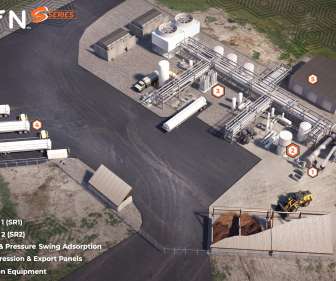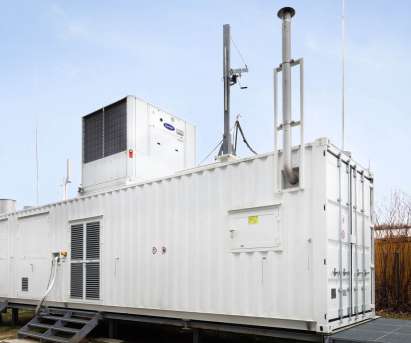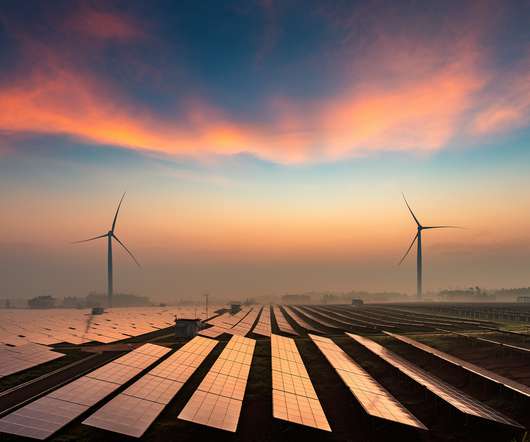Raven SR waste-to-hydrogen plant in California to be powered by INNIO Jenbacher’s Ready-for-H2 engines
Green Car Congress
AUGUST 12, 2022
Raven SR plans to use INNIO’s Jenbacher engines [60 Hz] with a “Ready for H2” option to produce renewable energy. At the site, landfill gas (LFG) will be the primary fuel to provide power for the non-combustion process that converts waste to hydrogen. Earlier post.). —Matt Murdock, CEO of Raven SR.















Let's personalize your content